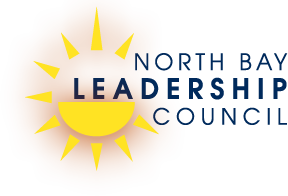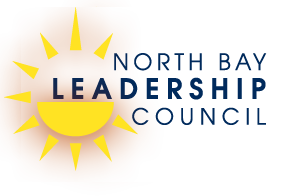Kaiser Permanente Invests $1.3M in Grants That Prioritize Mental Health
Kaiser Permanente is committed to ensuring that mental health is treated with the same level of importance as physical health. While our communities struggle with social justice issues and the challenges of living through a pandemic, this only further highlights how crucial it is to make total health a priority.
In addition to our steadfast commitment to culturally responsive mental health programs for our members, we are also committed to improving health equity in our communities. This includes building the capacity of community-based nonprofits dedicated to mental
health and wellness.
One of the nonprofits Kaiser Permanente is supporting is Center for Domestic Peace for its Domestic Violence Parent/Child Therapy program known as “In This Together.” The program provides trauma-informed bilingual child/parent therapy and case management
for families experiencing domestic violence in Marin.
Development and Community Relations Officer Marla Hedlund said the grants the organization receives are more important than ever. “As we adjust to the new normal, all of us are being impacted by a rapidly changing world driven by economic, social, environmental and political change ,” Hedlund said. “Mental health work is that much needed helping hand so individuals and families can thrive.”
To expand access to community-level resources, in 2021, Kaiser Permanente invested more than $1.3 million locally in organizations that offer Mental Health and Wellness services.
In Sonoma County, those organizations included the California Parenting Institute, Catholic Charities of the Diocese of Santa Rosa, LifeWorks of Sonoma County, NAMI Sonoma County, Verity, Women’s Recovery Services, and the Young Women’s Christian Association (YWCA) of Sonoma County. Additionally, two multi-year investments went to support SOS Counseling Services and Alliance Medical Center,
organizations that meet the needs of fire-impacted areas. Read more on fire recovery grants.
In Marin County, in addition to Center for Domestic Peace, organizations included Buckelew Programs, Institute for Psychotherapy, Huckleberry Youth Programs, and North Marin Community Services.
Grantee Verity used the funds to connect sexual violence survivors to trauma counseling services. “So many people don’t talk about what happened to us,” Executive Director Christine Castillo said. “Because we don’t talk about it, it festers, and manifests in our mental health, physical health, and so many other ways. Therapy helps survivors so they don’t feel so alone and isolated in this world. It’s beyond critical. For some people, this has the lifeline they needed to move forward. This has saved lives.”
A goal of another grantee, Huckleberry Youth Programs, is to provide youth a continuum of critical opportunities that facilitate access to mental and behavioral health services for underserved youth, through outreach and prevention education, screening and assessment, and brief intervention and counseling.
“As a healing organization, Huckleberry has seen all too often what trauma can do to a community, to a family, and to an individual,” said Priscilla Miranda, Director of Marin Programs. Miranda says that’s why programs like Huckleberry’s are needed now more than ever. “ Huckleberry’s ability to provide these free services to those who are coping with unsettling and unpredictable circumstances is of utmost importance…. particularly youth who traditionally experience barriers to mental health access.”
Lifeworks of Sonoma County used the grant for its El Puente program, which provides in-home, bilingual, trauma-informed therapy for system-involved youth and their families, and connects them with valuable resources, in partnership with their school sites.
“The mental wellness of the community impacts all of us. Mental health work is always important, but needs increase during times of communal stress,” said Michelle Fountain, Executive and Clinical Director of LifeWorks of Sonoma County. “Fires, financial stress, and the pandemic have exacerbated existing needs for support.” To learn more about how the voices our community inform our grant-making priorities, visit our Community Health Needs Assessment Report for Marin and Sonoma, and the implementation strategy for Marin and Sonoma.
https://files.constantcontact.com/8012924b301/d53e5071-8df9-40d1-aeed-5c0b8aaa4681.pdf?rdr=true

